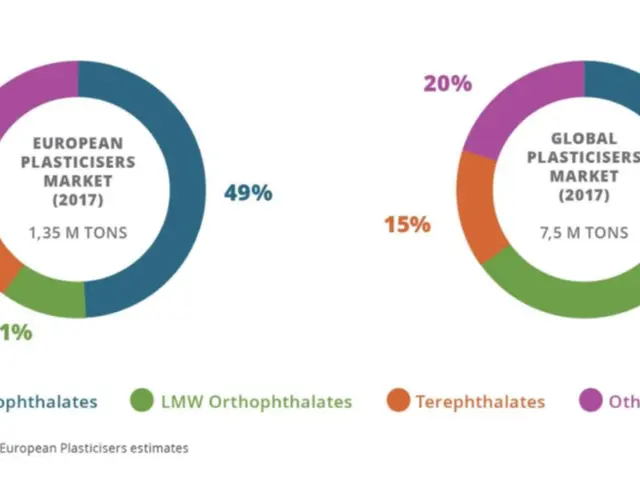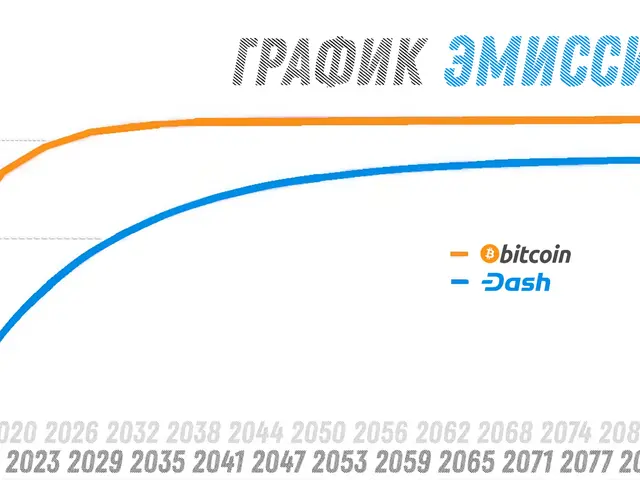AI's Impact on Research: ChatGPT Takes the Spotlight
The groundbreaking AI model, ChatGPT, has made it onto the "Nature" list of influential researchers of the year, marking a significant milestone in the world of AI and scientific research.
The Rising Star of AI in Science
In 2023, "Nature" made history by including ChatGPT on its annual list of the year's most influential researchers. The AI chatbot's influence on science and society has been so profound that editor-in-chief, Richard Monastersky, felt compelled to include it in the list, turning it into a top 11.
ChatGPT has demonstrated its prowess beyond simple chatbot interactions, earning its place as a co-author on scientific papers, prepping grant applications, and drafting presentations. The AI assistant's influence has extended to the world of research in ways once thought inconceivable.
The Humans Behind the Breakthroughs
In addition to ChatGPT, other pioneers contributed to groundbreaking discoveries in their respective fields. For instance, physicist Annie Kritcher at the US National Ignition Facility achieved a monumental feat in 2022 by generating more energy from nuclear fusion than was directly injected by lasers.
Kalpana Kalahasti, the deputy project leader of India's Chandrayaan-3 mission, was also recognized for her part in guiding the mission that resulted in India's first successful moon landing in August 2023.
The Ethics of AI Integration
Despite the remarkable advancements, implementing AI in scientific research isn't without its challenges. Issues like data privacy, regulatory compliance, and ensuring AI-generated content's transparency and accuracy need to be addressed. Ethical considerations must remain a top priority for AI's successful integration in scientific research and the larger community.
A Rapidly Evolving Future
As the integration of AI in scientific research continues to grow, advancements in AI capabilities will likely follow suit. Further developments could include specialized AI models for specific scientific domains and more streamlined research methods. Collaboration between AI and human expertise promises a future of more efficient, accessible, and high-quality scientific research.
Enrichment Data:
AI models like ChatGPT have resonated with researchers in various disciplines for a multitude of reasons:
Short-Term Benefits
- Efficient Literature Reviews: AI models like ChatGPT help researchers quickly analyze literature, pull up key papers, and establish connections between studies, saving considerable time.
- Hypothesis Generation: ChatGPT acts as a dynamic brainstorming partner for scientists, determining gaps in research and proposing new ideas to explore.
- Experiment Design: AI can assist researchers in refining research questions, outlining methodologies, and identifying potential obstacles during experimentation.
- Scientific Writing: ChatGPT can offer support in drafting abstracts, introductions, and even entire papers, offering suggestions for more readable and meaningful phrasing.
- Collaboration and Knowledge Sharing: ChatGPT can mediate interdisciplinary team discussions, summarizing meetings, and translating complex concepts into more comprehensible language.
Long-Term Prospects
- Specialized AI Models: Future developments in these AI models are expected to cater to specific scientific domains, providing more in-depth insights and precise recommendations.
- Enhanced Capabilities: Integrating AI further into scientific research is projected to continue evolving, with advancements in areas like data analysis, hypothesis generation, and experiment design.
- Deep Research Agent: OpenAI introduced a "Deep Research" feature, allowing AI to leverage web information more effectively by retrieving, analyzing, and synthesizing information for complex topics.
- Ethical Considerations: Addressing concerns such as data privacy, regulatory compliance, and AI decision-making's transparency and explainability are crucial to ensuring successful and responsible AI use in scientific research.
- Human-AI Symbiosis: By augmenting the power of human expertise, AI models like ChatGPT can accelerate scientific progress, enabling more efficient and high-quality research.








